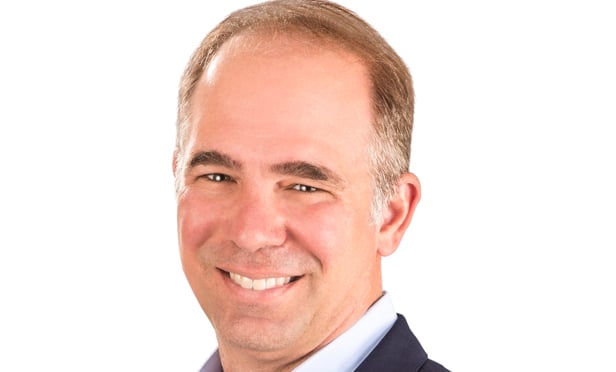 Partner Engineering CEO Joe Derhake
Partner Engineering CEO Joe Derhake
TORRANCE, CA—It’s a due diligence consideration that can jeopardize a sales transaction in several different ways, yet it doesn’t always receive the attention it deserves from all parties to the transaction. It’s the question of environmental risk, and beginning this week GlobeSt.com readers will have an opportunity to weigh in on their experiences via a survey from Thought Leader Partner Engineering & Science, Inc.
Beginning in 2008, Partner Engineering has surveyed GlobeSt.com readers on environmental risk considerations every four years. Since the last such survey was conducted in 2012, there have been new regulations addressing various aspects of environmental risk.
In 2013, for instance, the American Society for Testing Materials updated the industry’s Standard Practice for Phase I Environmental Site Assessments to reflect recent changes in the due diligence world. Last year, the Occupational Safety & Health Administration revised its Hazard Communication standard on materials in or at a property that could pose significant health, safety, environmental and liability concerns.
However, more than the regime for environmental rulemaking has changed in the past four years. Lenders are making commercial property loans in higher volume today, and at the same time are under regulatory pressures of their own. It stands to reason that along with the increased volume of commercial mortgages is a higher velocity of property sales, and with multiple buyers vying for assets, the due diligence timeline is frequently shorter compared to years past.
That may mean skipping steps that aren’t strictly required but which can be useful, such as environmental compliance audits. “For sellers, there is less motivation to conduct a compliance audit: the audit may identify a problem that reduces the sale price,” Partner Engineering’s John Insall wrote on GlobeSt.com last August. “But, for a seller that has worked hard to ensure that a manufacturing tenant is operating to the highest standards, an audit can help get in front of potential issues and consummate a transaction.”
This year’s survey will address topics ranging from whether environmental issues have ended up costing a buyer to criteria in choosing an environmental consulting firm. It will also seek to gauge how environmental risk tolerance has changed over time. Findings from the survey, including both insights from Partner Engineering’s experts and comments from the key industry executives, will be published in an upcoming Partner Engineering white paper that will be available to GlobeSt.com readers.
















 Copyright © 2024 ALM Global, LLC. All Rights Reserved.
Copyright © 2024 ALM Global, LLC. All Rights Reserved.